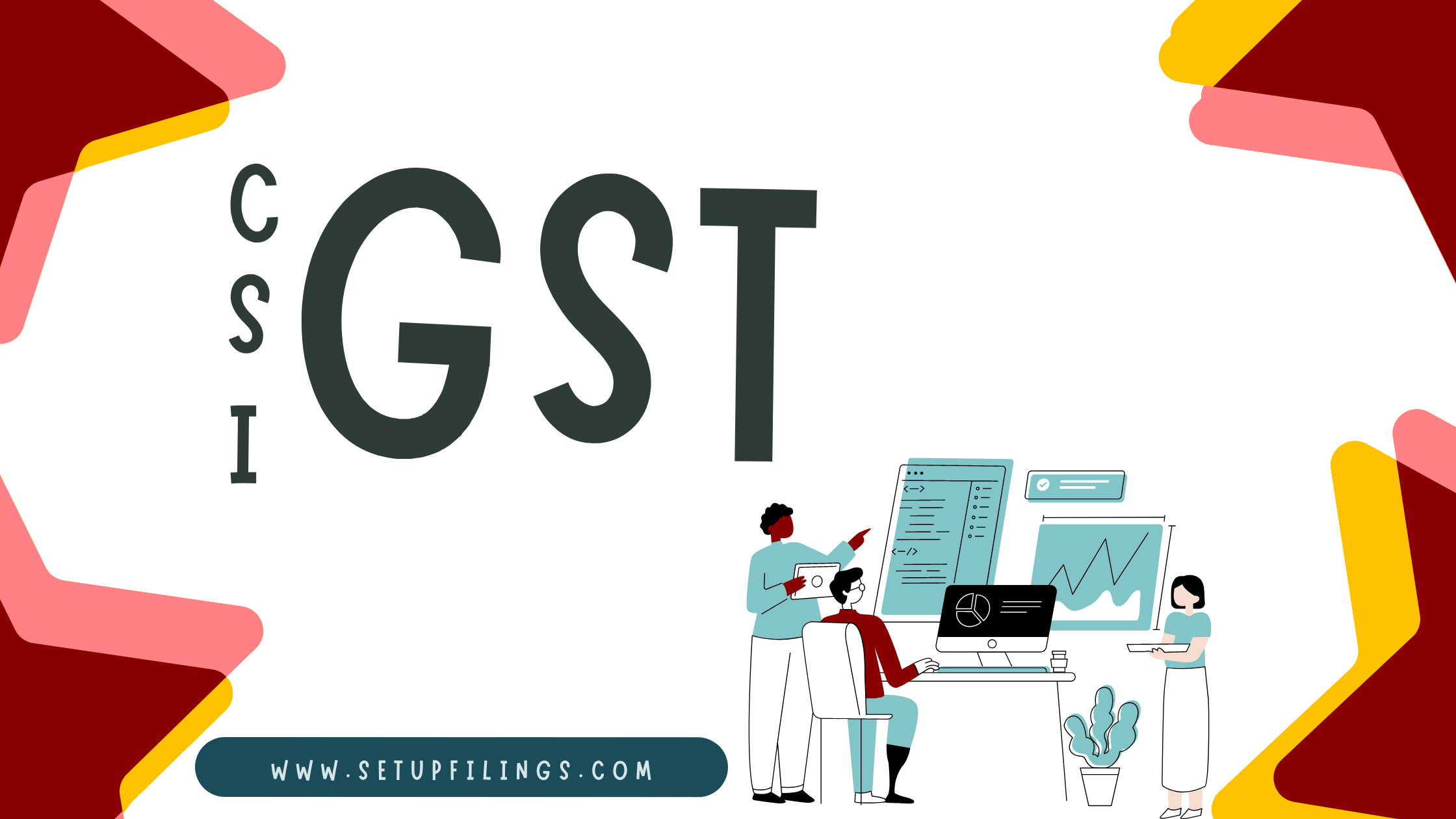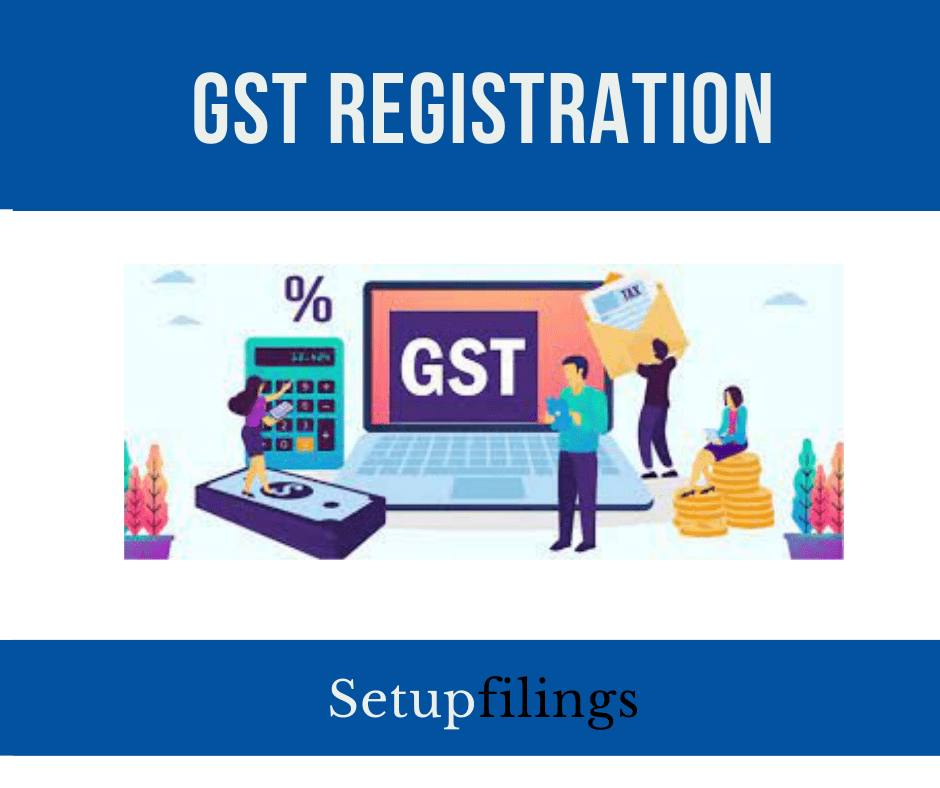
Understanding GST Registration,It’s Compensation & Its Impact on States
States who have experienced any misfortunes because of the GST Registration will get remuneration as indicated by the GST Compensation to States Bill which was passed in March 2017. This is for a very long time beginning from the date the state executes the GST Act.
The Lok Sabha acquainted the GST Compensation with States Bill in March 2017, and the bill was made to repay states in the event that they have experienced any misfortune in income inferable from GST execution. The remuneration presented by the bill will be for a five-year time frame beginning from the date when the State GST Act is executed by the state.
Such a long ways as the computation of the pay sum in any financial year is concerned, 2015-16 will be considered as the base year. The income development rate for any state throughout the five years will be considered at 14% each year. The income of the base year contains the assessment incomes of the state from focal deals charge, state VAT, nearby body charge, octroi, section charge, charges on ads, charges on extravagances, and so forth However,the income of the base year wo exclude charges connected with the stockpile of specific oil based commodities and liquor for human utilization.
Such a long ways as the estimation of pay and its delivery is concerned, the remuneration that will be paid to a state should be determined on a temporary premise and delivered toward the consummation of like clockwork. In addition, a yearly estimation of the general income will be done and it will be examined by the Comptroller and Auditor General of India.
A GST Compensation Cess could be charged on the inventory of specific items and administrations, and the receipts from said cess will be stored to a GST Compensation Fund. The cap of the cess will be 135% if there should arise an occurrence of skillet masala, Rs.4,170 + 290% per 1,000 tobacco sticks, Rs.400 per ton in the event of coal, and 15% for any remaining products and administrations including circulated air through water and engine vehicles.
In the event that any cash remains unutilised in the Compensation Fund when the remuneration time frame closes, it will be disseminated as follows: half of the asset will be divided among the states in the proportion of the states’ incomes, and the other half will turn out to be important for the middle’s distinct expense pool.
States’ Finances Will Not be Hurt by GST – Center
Among the central matters examined with respect to the new GST system is whether or not the funds of states would be impacted by it, and assuming the middle would repay the states for the misfortunes they might actually bring about because of the new system. Since GST is an expense that depends on the objective where the labor and products are provided, the burning-through states are relied upon to profit from it. Be that as it may, delivering states, for example, Karnataka, Maharashtra, Haryana, Tamil Nadu and Gujarat might be antagonistically impacted. The execution of the new system was protested by these states, bringing about the Center consenting to an equation which will see these states get repaid in the event that there is an income misfortune.
The Center was encouraged by the fourteenth Finance Commission to guarantee that states are repaid 100 percent for the misfortune in income following the execution of the new system during the initial three years. The remuneration gave during the fourth year will be 75%, while the pay during the fifth year will tumble to half. While states that requested 100 percent remuneration for every one of the five years were disillusioned, there was comfort in the way that basically the initial three years will see them repaid in full.
Installment of Compensation
The execution of GST has seen various cesses being subsumed, including the Krishi Kalyan Cess and Swachh Bharat Cess among others. In any case, the cess of unrefined petroleum and schooling cess on imported items will in any case be pertinent under GST. The public authority, in any case, requires extra income to guarantee that the impacted states are redressed, which drove the GST Council to a choice to force extra cesses for a long time on a couple of items that fall over the 28% expense section. The wares which will draw in the extra cesses incorporate coal, tobacco items, engine vehicles (counting a wide range of vehicles, yachts and individual airplanes). The extra cesses charged on these items won’t be material following five years, as per Arun Jaitley, the Finance Minister. It was additionally said that the states which cause misfortunes should pay special attention to elective income sources.
Visited 233 Times, 1 Visit today




